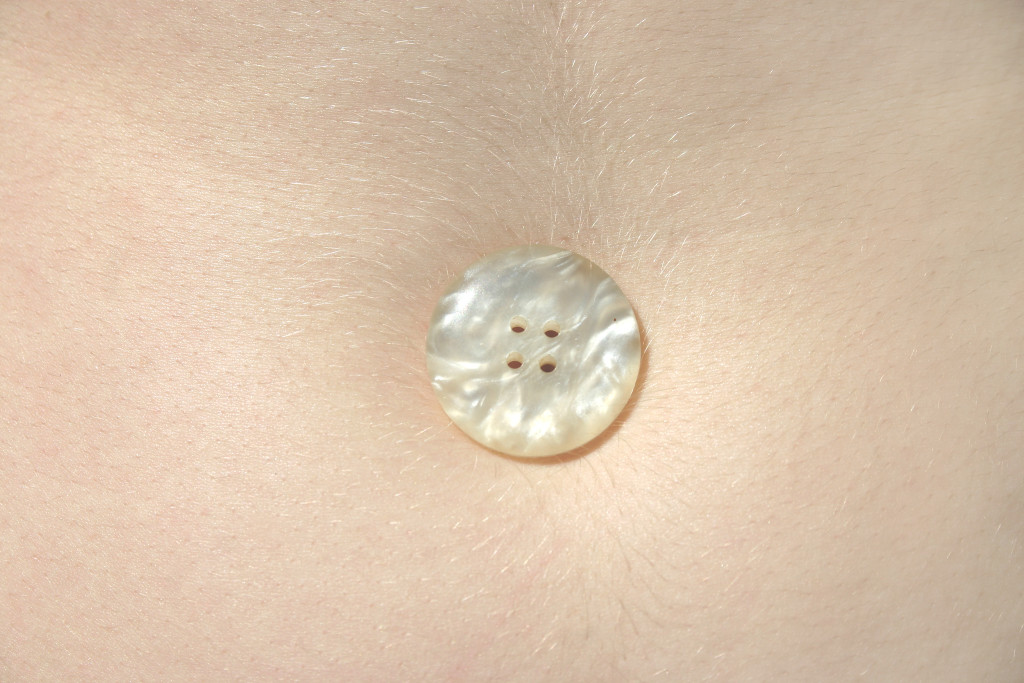 Spouses, partners, parents, and friends of breastfeeding women often have a hard time supporting her in the way that she needs. Not due to a lack of desire to help, but due to a lack of knowing how. She might not even know what she needs, in fact! After breastfeeding 4 kids and supporting dozens of breastfeeding women as a doula, I’ve come up with some ideas to get you started on the path to being helpful instead of hapless:
Spouses, partners, parents, and friends of breastfeeding women often have a hard time supporting her in the way that she needs. Not due to a lack of desire to help, but due to a lack of knowing how. She might not even know what she needs, in fact! After breastfeeding 4 kids and supporting dozens of breastfeeding women as a doula, I’ve come up with some ideas to get you started on the path to being helpful instead of hapless:
1. Normalize
From the start. If you’ve never been around breastfeeding and suddenly hear your expectant loved one express a desire to breastfeed, the only correct response is, “That’s great! I’ll support you in any way I can.” Don’t blink an eye. This is the physiological purpose of breasts. Thinking of breasts in that way might feel foreign to you. That’s ok. Work on expanding your comfort zone and remember that being uncomfortable won’t hurt you, but voicing or acting on your discomfort could hurt your loved one and hinder their ability to successfully breastfeed. Studies show that the highest predictor of successful breastfeeding is having a supportive partner!
2. Encourage and Validate
Encouraging someone to breastfeed without being judgmental is essential, especially if you have breastfed, yourself. A simple, “you’re doing great!” is much more helpful than, “If I did it, you can do it, too!” Every breastfeeding relationship is unique, even for the same mother and subsequent children. You have no idea what she is going through. Something we learned in doula training was “listen and validate”. Notice “give advice” or “compare to your own experience” is not listed there. Well-informed advice may come later, when asked, but first, listen. Then validate. Her experience is real and not subjected to an arbitrary hierarchy of difficulty. Is she having a hard time? Try this: “That is really challenging. You’re doing such a great job, and I’m here for you.” And then do that. Be there.
3. Go to Bat for Her
This bullet point is the blending of numbers 1 and 2. Basically, fend off rude, judgmental, or downright inappropriate comments from strangers (and often, sadly, family members). We don’t necessarily need to be considered a “damsel in distress”. Sure, this is a vulnerable season in our lives, but that’s not what I’m asking here. It’s just that if you are up to bat, that’s one less thing we have to spend emotional energy on. We are keeping a newborn baby alive with our body, recovering from birth, dealing with roller coaster hormones, sleep deprived, integrating our new identity, and experiencing the full range of human emotions in a 24 hour period. We don’t have the energy to deal with someone’s suggestion that we should “go somewhere else to do that.”
4. Take On Everything Else
You might already know that newborns like to eat, a lot. It is normal for a baby to want to nurse over 12 times per day. Even for the most unfazed mother, the first few months can be overwhelming. It would be much less overwhelming if breastfeeding and recovering from birth were all we had to worry about. This is especially important if your loved one is having milk supply issues. Let her best friend set up a meal train so dinner is taken care of for a while. Do the laundry. Do the dishes. Keep the house relatively put-together. Clean out her car. Deal with paperwork and bills. If you have older children, take on the morning and bedtime duties. Don’t be afraid to delegate some of these duties to other people in her circle if necessary. Friends and extended family often want to help but don’t want to insult new parents by offering. In time, as things get easier, you will both adjust to a new normal. But for now, take on everything.
5. See Her For More Than Her Milk
This is a weird one, right? Let me explain. I can’t tell you how many times people have been holding my baby when he or she started to fuss and they say something along the lines of, “OH he must be hungry! Here you go, back to Mama.” This is a sweet, well-intentioned thing to say, right? Sure, but it erases every other need a mother provides for her baby aside from their food source. Babies cry for many reasons. They nurse for many reasons other than just being hungry. They may be frightened, overwhelmed, cold, confused, insecure, overtired…and all of these things get “fixed” when they are back in their mother’s arms. Their mother is Home. She is warmth, she is comfort, she is safety, she is a good feeling. So please, don’t reduce her to what she can make. She can do that and so much more.
6. Support Her Sleep
This one is simple. Let the woman sleep. Extend it on both ends. See if she wants to go to bed early while you stay up and hang out with the baby. Take the baby in the morning to help her sleep later. Be available, at least on weekends, for her to nap alone. This may be an unpopular addition, but I have not found it helpful for spouses or partners to get up for night feeds with the mother (excluding situations where supplies or another set of hands are needed). First of all, you can’t help breastfeed. Second of all, it’s really unhelpful for both of you to be overtired. “Divide and conquer” is a better strategy. You can book-end the night, while also getting some special alone-time with the baby. An exception to that suggestion is if you have a baby that doesn’t settle back to sleep easily. In those cases, it may be better to trade “shifts” throughout the night. Getting adequate sleep is a major necessity for avoiding or recovering from postpartum depression or anxiety. This has huge positive health benefits aside from her feeling less tired.
7. Give Her a Break
This seems like commonsense, but a break interrupted 5 times is not actually a break. If you’re offering mom a chance to take a long bath, a nap, or a quiet moment alone, do not interrupt her to ask a question unless it is a major safety concern. Allow her a break from the constant decision-making that all mothers are faced with. Carry some of that emotional load and figure it out on your own. I’ll let you in on a secret: Us moms are making it up as we go, too! She will forgive you if you used the wrong size diaper or put the baby in mismatched clothes.
8. Bring Her Stuff
As mothers, we are pretty consumed with keeping our baby fed and happy. Sometimes we forget to make sure we keep ourselves fed and happy. This is another area where you can step in and fill the temporary void. Bring her water when she sits down to nurse (nursing makes us soooo thirsty!) Offer a snack (or lactation cookies!) or just go ahead and bring food without asking. Since breastfeeding can burn up to 1,000 calories a day, chances are she is hungry! Make two cups of tea and sit with her. Oftentimes the best thing you can bring her is some company (yours).




Leave a Reply